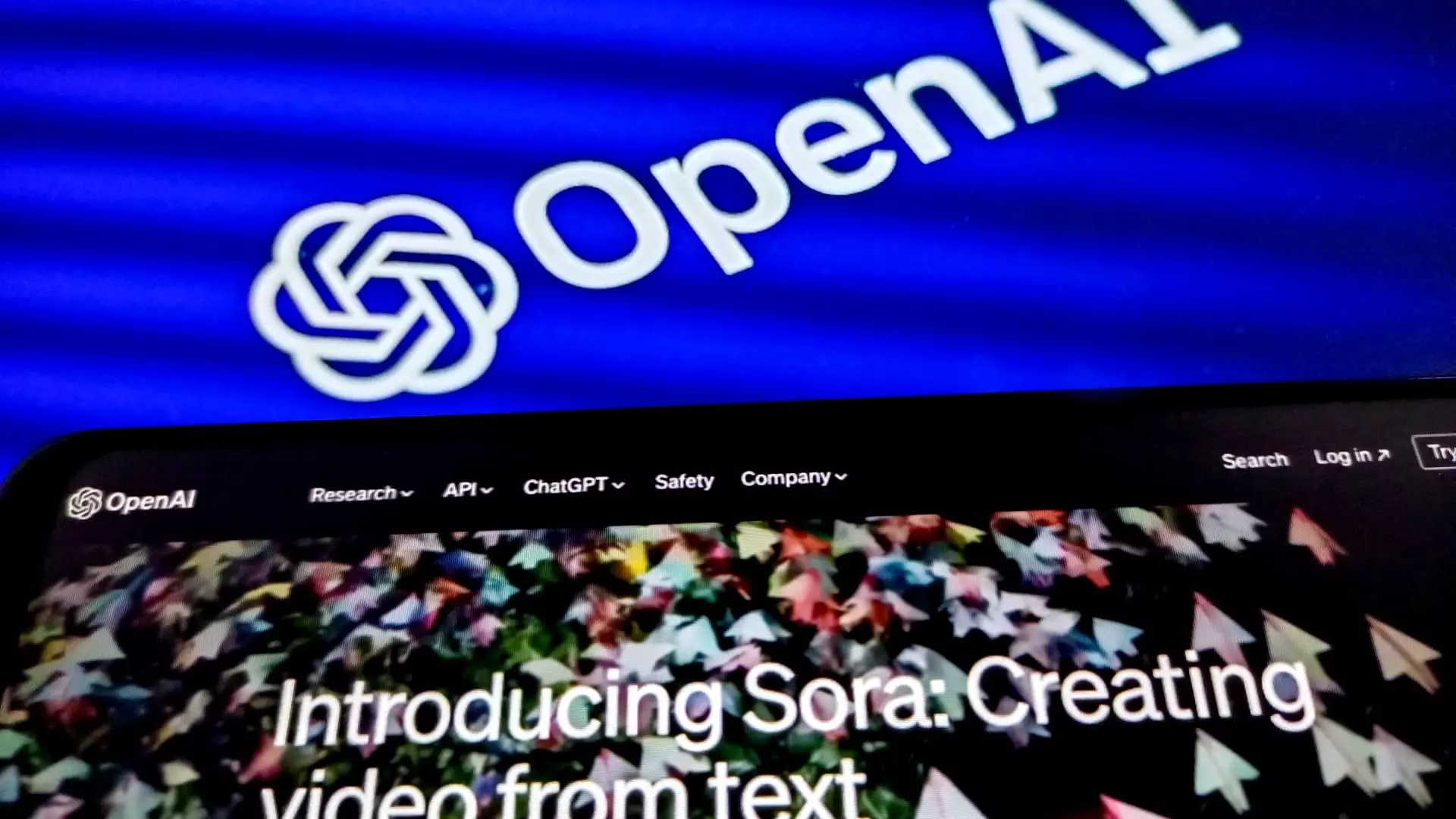In recent years, the global tech investment climate has dramatically shifted, with an increasing number of Middle Eastern sovereign wealth funds stepping into the limelight. These oil-rich nations, primarily Saudi Arabia, the United Arab Emirates (UAE), Kuwait, and Qatar, are strategically diversifying their economic portfolios. As energy prices continue to rise, these funds are channeling their wealth into the burgeoning artificial intelligence sector. The financial momentum is staggering; Middle Eastern investments in AI startups have reportedly surged fivefold in just one year, according to data compiled by Pitchbook.
This transformation is not merely about financial diversification; it’s a calculated attempt to cement influence in a sector that is shaping the future of technology and industry. As these nations seek to reduce their dependency on oil and foster innovation within their borders, their forays into Silicon Valley represent an intriguing blend of opportunity and caution.
The current market environment creates a fascinating dynamic for investment, especially when examining the colossal sums being funneled into AI initiatives. Traditional venture capital firms often struggle to keep pace with the financial firepower exhibited by sovereign wealth funds. The likes of Microsoft and Amazon are known for their gigantic investment checks, but funds such as those from the Gulf Cooperation Council (GCC) can compete at this level without hesitation. As systems of wealth management evolve, the political imperative for the GCC nations means their deep-pocketed sovereign funds are not only able but motivated to make substantial investments in AI.
For instance, the Saudi Public Investment Fund (PIF) has now amassed a staggering portfolio exceeding $925 billion. This wealth is being actively deployed under Crown Prince Mohammed bin Salman’s ambitious “Vision 2030” roadmap, which endeavors to promote innovation and technological advancement in the kingdom. Comparatively, UAE’s Mubadala boasts an impressive $302 billion under management, while the Abu Dhabi Investment Authority manages assets worth $1 trillion. Kuwait and Qatar’s investment authorities are similarly equipped, showcasing the sheer financial might these countries possess.
Recent partnerships illustrate this pattern of collaboration focused on AI infrastructure and technology development. This week, the Abu Dhabi-based MGX fund has made headlines for partnering with BlackRock, Microsoft, and Global Infrastructure Partners. The goal? To raise up to $100 billion for AI-related infrastructure projects, including data centers. Such initiatives underscore the seriousness of these sovereign funds; they are not merely passive investors but are actively seeking to shape the future landscape of technology.
Furthermore, the momentum doesn’t stop there. The MGX fund, dedicated entirely to AI investments since its inception in March, has already been linked with formidable players in the AI sphere. Meanwhile, the Saudi PIF’s ambitions have led to discussions with U.S. venture capital firm Andreessen Horowitz to establish a $40 billion partnership, reflecting a tactical approach to establishing footholds in the American market.
However, the influx of Middle Eastern funds into Silicon Valley isn’t without its challenges. Issues surrounding human rights records have cast a shadow over investments from Saudi Arabia, particularly in light of notorious events such as the alleged assassination of journalist Jamal Khashoggi. As Western companies and startups navigate these relationships, there is an ongoing tension between the pursuit of capital and the ethical implications of the sources from which it comes.
Factors such as national security concerns were notably addressed when the AI startup Anthropic reportedly chose not to engage with Saudi investors, demonstrating the nuanced decisions companies must make in this complex landscape. Investments from sovereign funds can accelerate growth but can also come with reputational risks.
The surge of investments from Middle Eastern sovereign wealth funds is a microcosm of a larger trend. It suggests an increasing openness among non-Western countries to engage in significant tech investments while signaling a geopolitical shift. While there are concerns about a potential “SoftBank effect,” where investment exuberance overshadows responsible valuation, it remains crucial for investors and startups alike to approach these collaborations thoughtfully.
If managed effectively, these partnerships could spur remarkable innovations in AI, benefiting both the investors and the global tech ecosystem. As commented by Jared Cohen of Goldman Sachs Global Institute, the landscape looks poised for continued change—one where capital flows from wealthy nations toward transformative technological advancements that may redefine industries worldwide.
As Middle Eastern sovereign wealth funds push further into Silicon Valley, they not only bring financial strength but also reshape the narrative of global investment in the ever-evolving realm of technology.


Leave a Reply